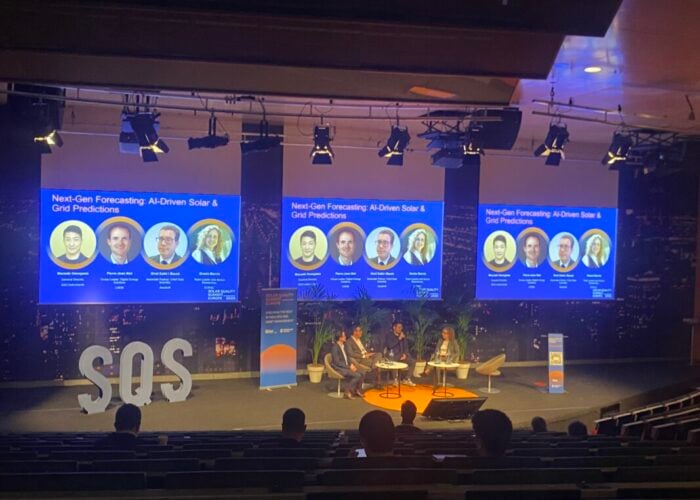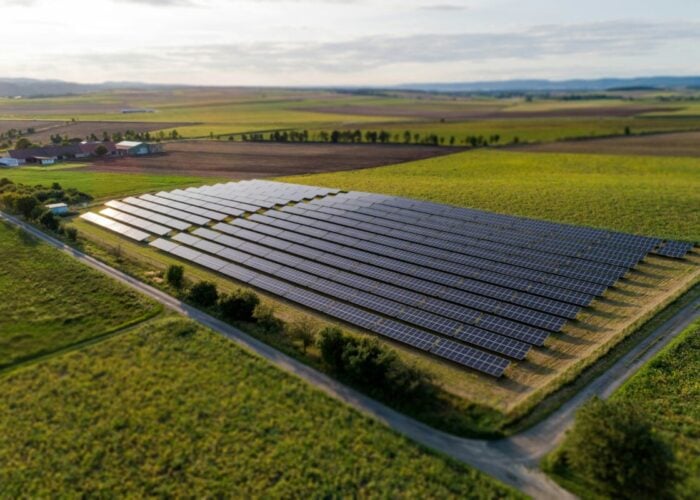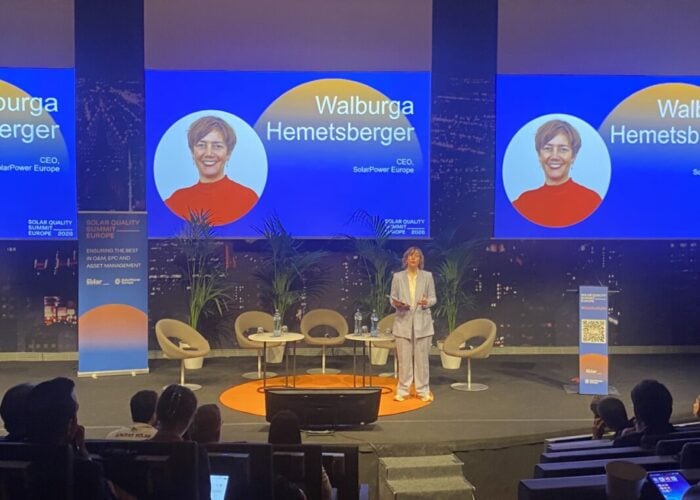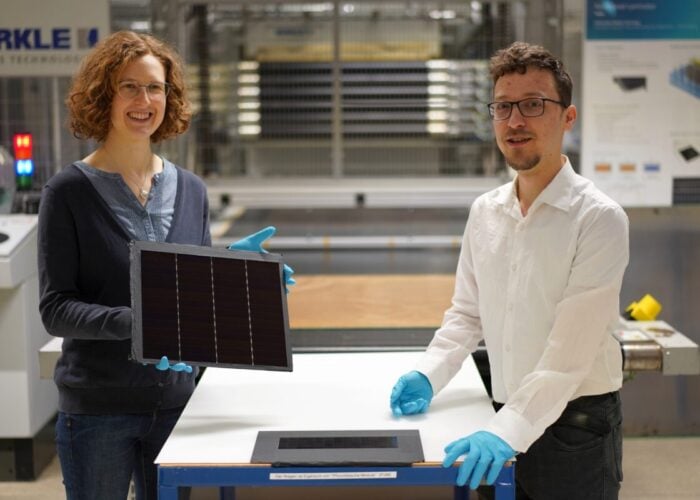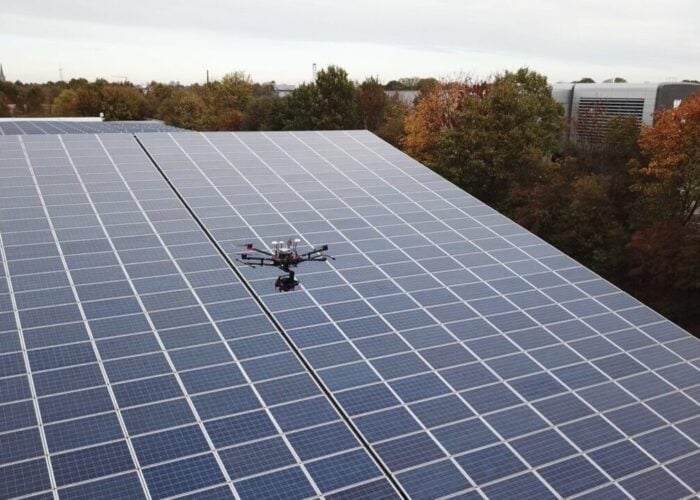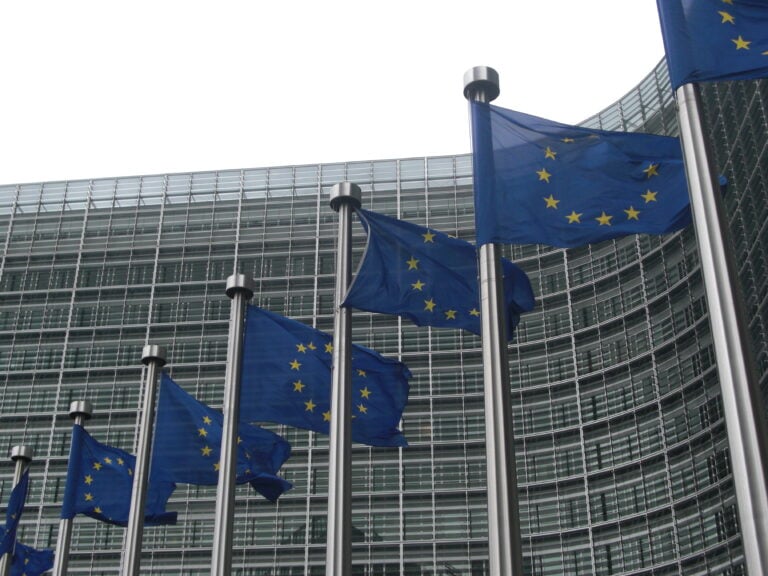
EU member states blocked a proposed directive this week (28th Feb) requiring companies to audit their supply chains for forced labour or environmental damage. The proposal would have likely been consequential for the solar PV industry, which is plagued by allegations of forced labour in the production of polysilicon and other upstream components.
The Corporate Sustainability Due Diligence Directive (CSDDD) faced opposition led by Germany’s Free Democratic Party (FDP), Reuters reported on Wednesday, and failed to get the “qualified majority” of 15 votes needed to pass. The directive would then have gone to a vote in the European Parliament.
Try Premium for just $1
- Full premium access for the first month at only $1
- Converts to an annual rate after 30 days unless cancelled
- Cancel anytime during the trial period
Premium Benefits
- Expert industry analysis and interviews
- Digital access to PV Tech Power journal
- Exclusive event discounts
Or get the full Premium subscription right away
Or continue reading this article for free
The CSDDD is designed to come into force in 2027 and would apply to EU companies with over 500 employees and a net worldwide turnover of €150 million (US$162 million). It would require companies to audit their own supply chains and report to nationally appointed authorities, which would be supervised by the European Commission.
According to Reuters’ reporting, the FDP said that the CSDDD would burden businesses with excessive bureaucracy.
Solar supply chains
In a response to an enquiry from PV Tech for this story, Anett Ludwig, head of supply chains at PV trade association SolarPower Europe, said: “We would urge member states to land a deal within this mandate. The CSDDD will help ensure legislative coherence with the Forced Labour Ban. These are key tools in upholding European sustainability values. In addition, companies need legislative certainty to effectively and efficiently manage their compliance requirements.”
The Forced Labour Ban was proposed and approved by EU committees last October, but is yet to be passed into law.
In recent weeks, some members of the European solar PV industry have called for greater legislative attention to be paid to alleged forced labour in the solar supply chain – specifically, the alleged exploitation of the Uyghur Muslim community in Xinjiang province, China.
Last month the European Solar Manufacturing Council (ESMC) – whose members include Norwegian solar wafer producer Nexwafe, US thin film cadmium telluride (CdTe) module manufacturer First Solar and Swiss solar manufacturer Meyer Burger – held a conference at which speakers called on the EU to ban any products from entering its market which could not prove that their supply chains were free from any forced labour.
The event called for a ‘reversal of the burden of proof’ whereby exporting companies would need to prove that their supply chains are clean, rather than the importing government. This principle underpins the US’ Uyghur Forced Labour Prevention Act (UFLPA), and the CSDDD would seemingly implement a similar framework.
The UFLPA led to around 2GW worth of solar module shipment delays in 2022, according to US customs.
Data shows that around 35% of the world’s polysilicon is produced in Xinjiang province, and speakers at the ESMC event last month claimed that there were “no valid means” for companies to effectively investigate conditions in the region, either in terms of labour practises or environmental impact.


